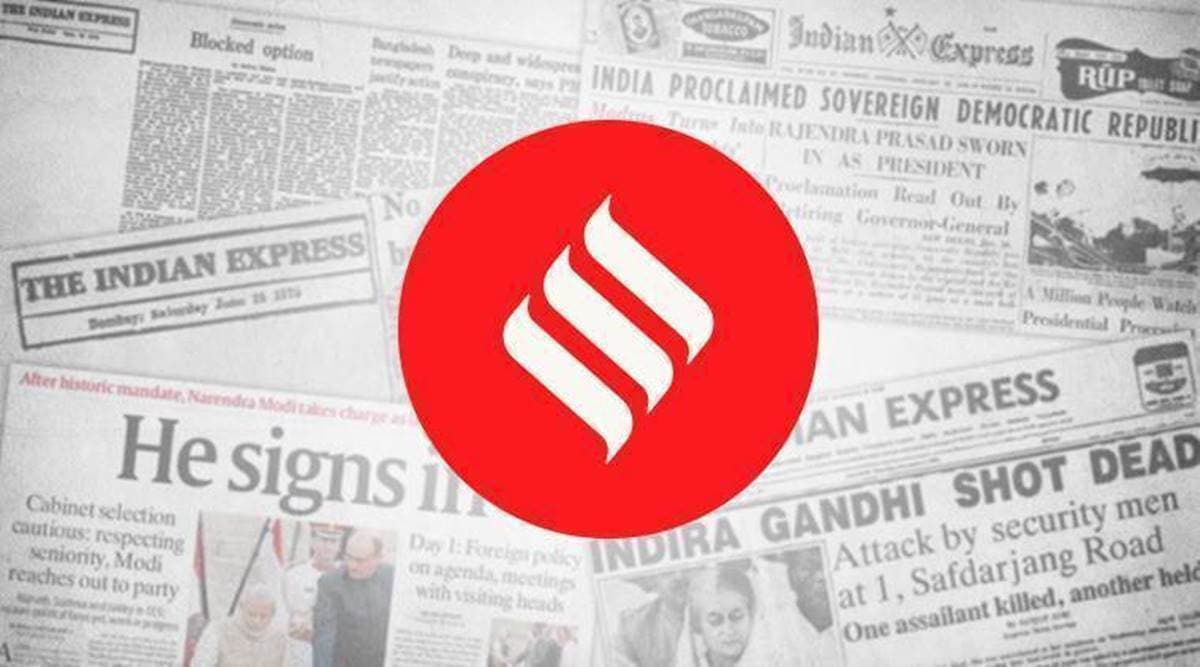 Not for nothing, the Narendra Modi government’s latest decision to create a separate Ministry of Cooperation — headed by Home Minister Amit Shah, no less — is being viewed with cynicism by many.
Not for nothing, the Narendra Modi government’s latest decision to create a separate Ministry of Cooperation — headed by Home Minister Amit Shah, no less — is being viewed with cynicism by many. As businesses, cooperatives present an appealing alternative to slothful public sector undertakings (PSUs) and profit-maximising private enterprises. On paper, they are either producer or consumer-owned. Producer cooperatives seek to obtain the highest possible value for the goods and services supplied by farmers, fisherfolk, artisans or labourers. Consumer cooperatives, likewise, provide inputs (fertiliser, seed, credit, fuel, etc), groceries, housing, health and other services at the most economic rates to their members. In reality, though, cooperatives in India have rarely been member-governed organisations. In a majority of cases, they have serviced the interests of politicians and governments more than their members. Some had idealistic and zealous founders, but have over time degenerated into quasi-private family-owned businesses. In other words, rather than being genuine producer- and user-based organisations, cooperatives have combined the worst of state and private enterprise.
Not for nothing, the Narendra Modi government’s latest decision to create a separate Ministry of Cooperation — headed by Home Minister Amit Shah, no less — is being viewed with cynicism by many. They see it as yet another instance of an overbearing Centre attempting to gain control over grassroots institutions, especially in Opposition-ruled states, and undermining the principles of federalism. Truth be told, cooperatives — whether at the state or central level — have always been vulnerable to political and bureaucratic interference. They have seldom been allowed to operate as commercial enterprises controlled and accountable to their ostensible owners. Most of them are PSUs except in name, discharging the goals set by the Centre (NAFED) or selling members’ produce at prices fixed by state governments (dairy federations). There are exceptions like Amul and IFFCO, whose success has owed mainly to their being run by professional CEOs and managers, as against IAS officers. Even they haven’t been wholly immune to political pressures, be it election-related or having to contribute to “causes” such as the building of the Ram Mandir.
That said, there’s no doubting the potential of cooperatives in empowering small producers and service producers. Why cannot restaurant, cab and budget hotel owners, for instance, pool together and create their own mobile apps to attract more consumers? Wouldn’t this enable them to capture a higher share of the consumer rupee than currently through Zomato, Uber or OYO? As a minister wielding enormous clout, the least Shah can do is to make it easier for cooperatives to do business, right from registration to winding up. He can, to start with, liberate multi-state cooperatives from government control and get all BJP-ruled states to enact legislation compatible with the requirements of a modern market economy. Bringing cooperative banks under the Reserve Bank of India’s supervision was a welcome measure. Cooperatives can do without multiple regulators and thrive as truly member-owned businesses. India needs many more Amuls alongside the Ambanis, Adanis and Tatas.
- The Indian Express website has been rated GREEN for its credibility and trustworthiness by Newsguard, a global service that rates news sources for their journalistic standards.

